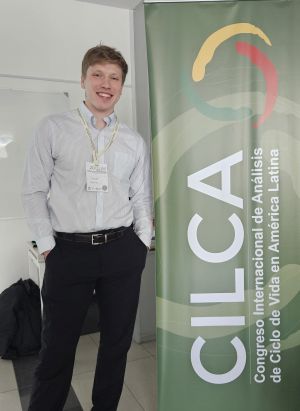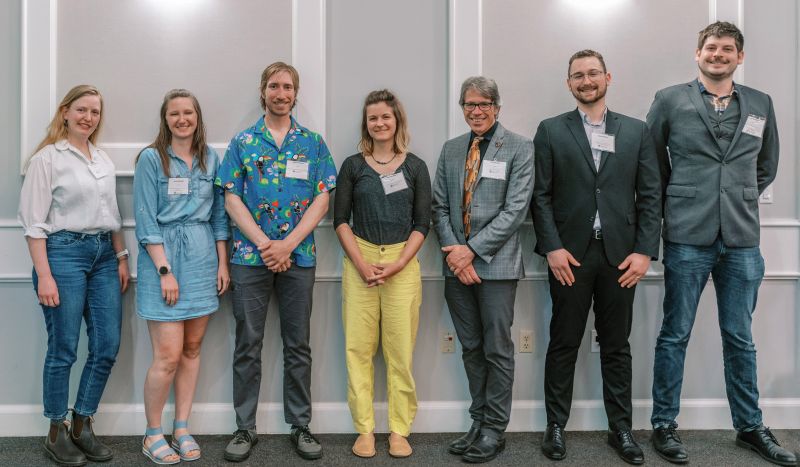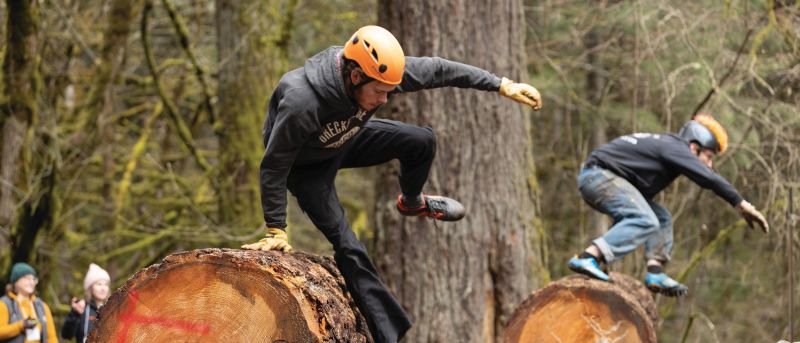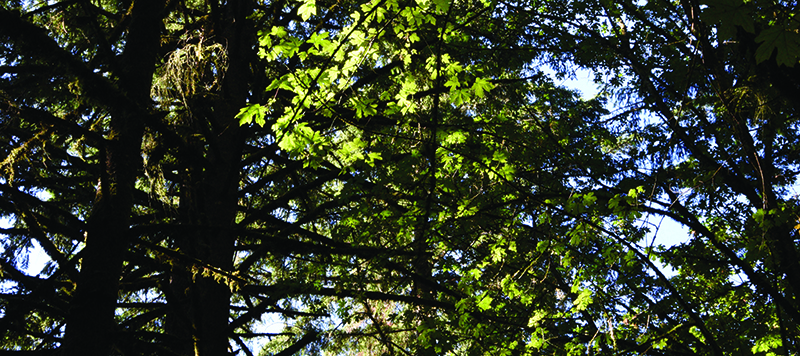Weyerhaeuser and John Deere are partnering to supply the College of Forestry’s Mechanized Harvesting Laboratory with four new harvesting simulators that will engage students, teach machine operation skills, and provide experiential learning activities in forestry. The laboratory is directed by Kevin Lyons, the Wes Lematta Professor in Forest Engineering, and now has 22 harvesting machine simulators with nine available for our high school loan program. The new John Deere forest harvesting simulator systems will permit OSU to expand the high school loan program, which provides career and technology education in high schools.
The mission of the Mechanized Harvesting Laboratory is to increase the knowledge of modern mechanized harvesting systems. Students in forest engineering labs run simulations and explore how to reduce environmental impacts due to harvesting forest products. By bringing these simulators into high school classrooms, high school students can get a taste for how advanced forestry tools allow for efficient timber harvesting and support environmental stewardship.

The state-of-the-art John Deere forest harvesting simulator system includes a terrain editor where users can easily build terrains based on map data or their own imagination. The harvesting machine simulator is designed for training operators, and provides experiential learning opportunities for machine operation and management. Students are able to compare potential forest treatment options gaining a deeper understanding of the links between the environment, machine and treatment prescriptions.
Participating high schools are provided with a forest harvesting machine simulator to use in their classroom. Currently the Mechanized Harvesting Lab is partnering with Yoncola, Oak Ridge, Sweet Home, Tillamook, and Nia-Kah-Nie high schools. Schools value having the OSU College of Forestry provide simulator equipment, workshops at their schools run by OSU faculty and students, and access to the Peavy Forest Science Center and the Mechanized Harvesting Lab for class field trips. This gift from the Weyerhaeuser Giving Fund and John Deere will help expand the number of schools the lab is able to partner with.
Learn more about our forest engineering program.












